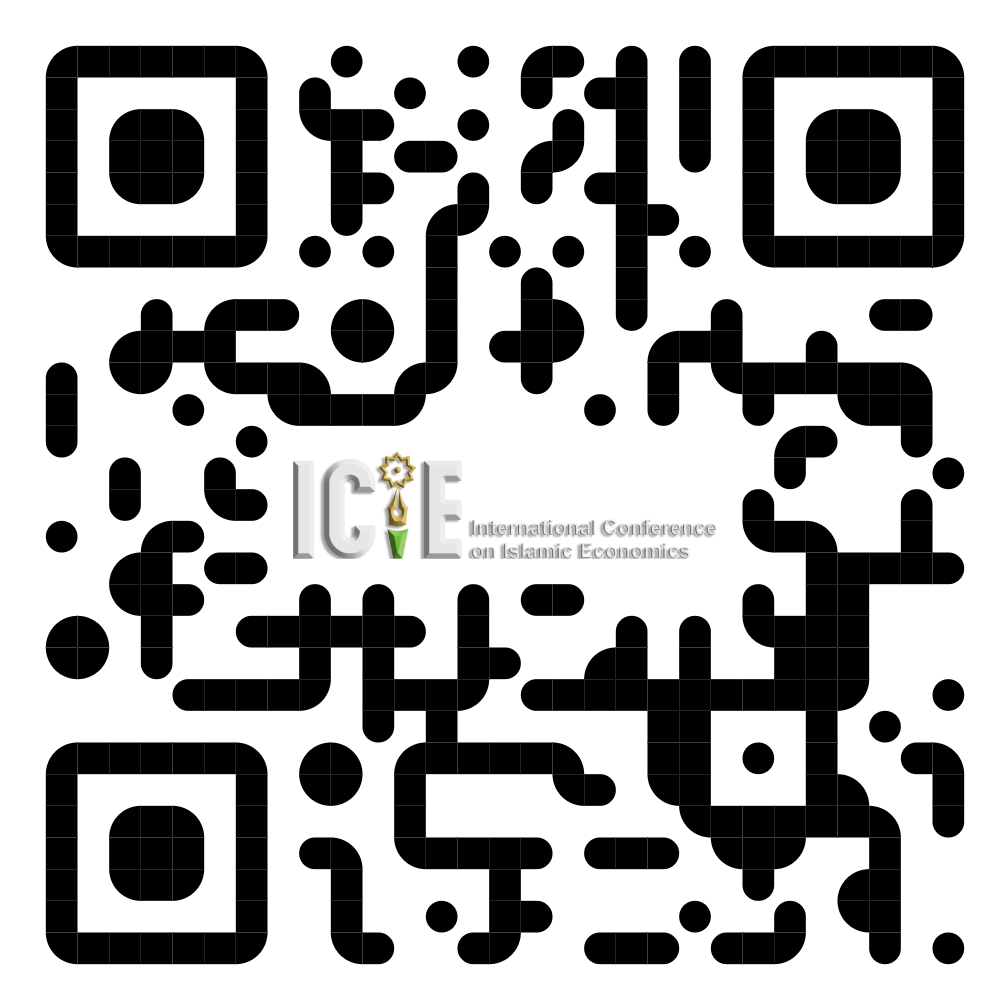The Concept of Circular Economy in the Perspective of Islamic Business Ethics
Keywords:
Circular economy, Islamic business ethics, environmentAbstract
Circular economy is a model that seeks to extend the life cycle of products, raw materials, and resources so that they can be used for as long as possible. The purpose of this research is to analyze the application of the concept of circular economy, and to analyze circular economy from the perspective of Islamic business ethics. This research is categorized as a type of library research. The approach taken is qualitative. The data sources are secondary sources, the technique of collecting data in this research is by literature and documentation. Meanwhile, the data analysis technique used in the research uses descriptive method. The results show that the implementation of circular economy can be promoted in various sectors, ranging from agriculture, culinary business, umkm, to the environment. The implementation of circular economy is very much in line or relevant with the principles of Islamic business ethics. Both provide benefits not only to the business actors themselves, but also to the wider community, in this case one of which is the benefit to the environment. A suggestion for future research is to focus more on one area of circular economy, for example in the agricultural sector, and then analyze it with an Islamic business ethics or maqashid sharia approach.




